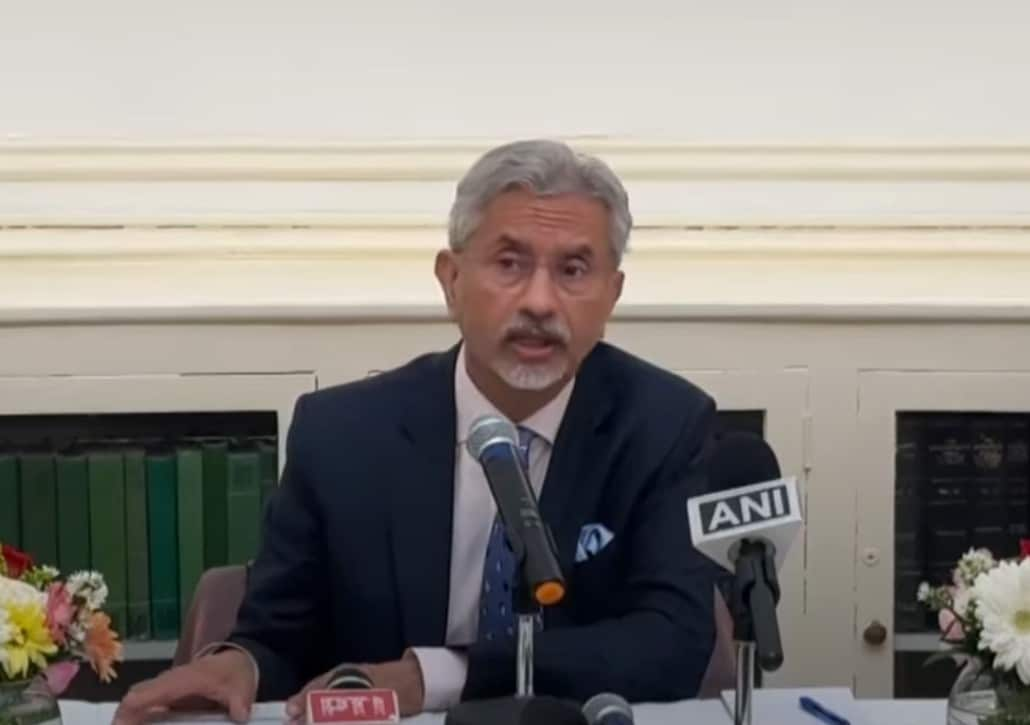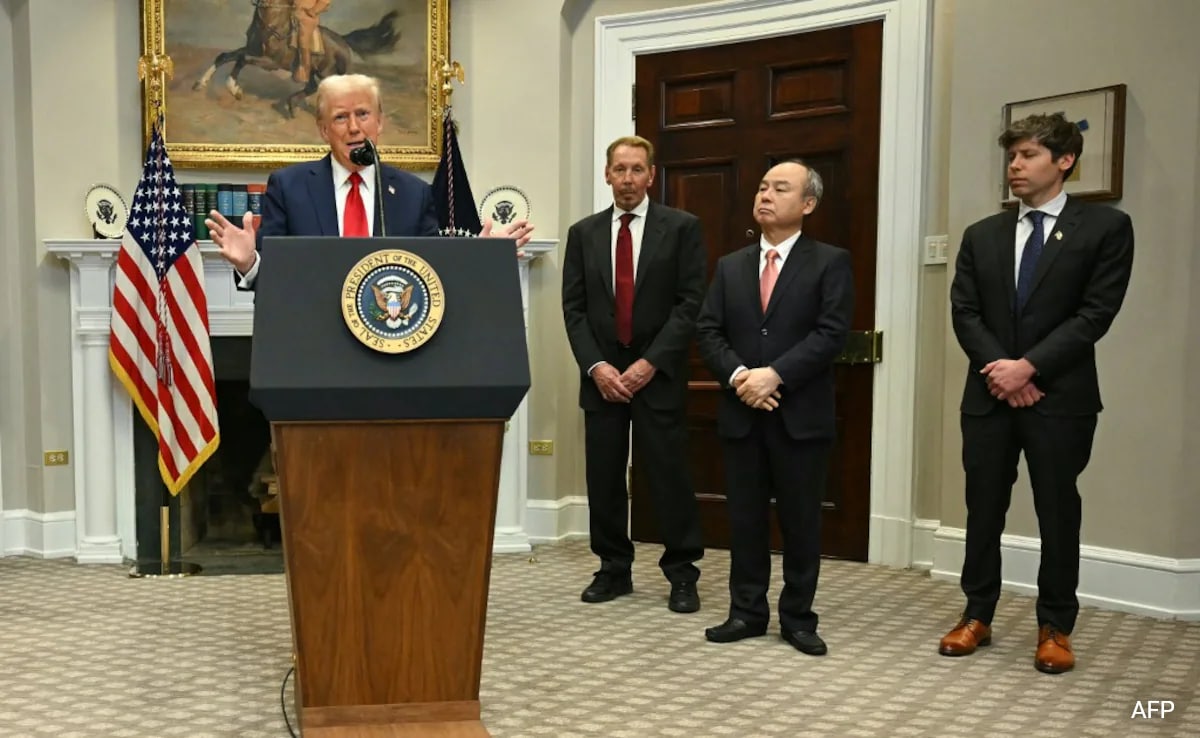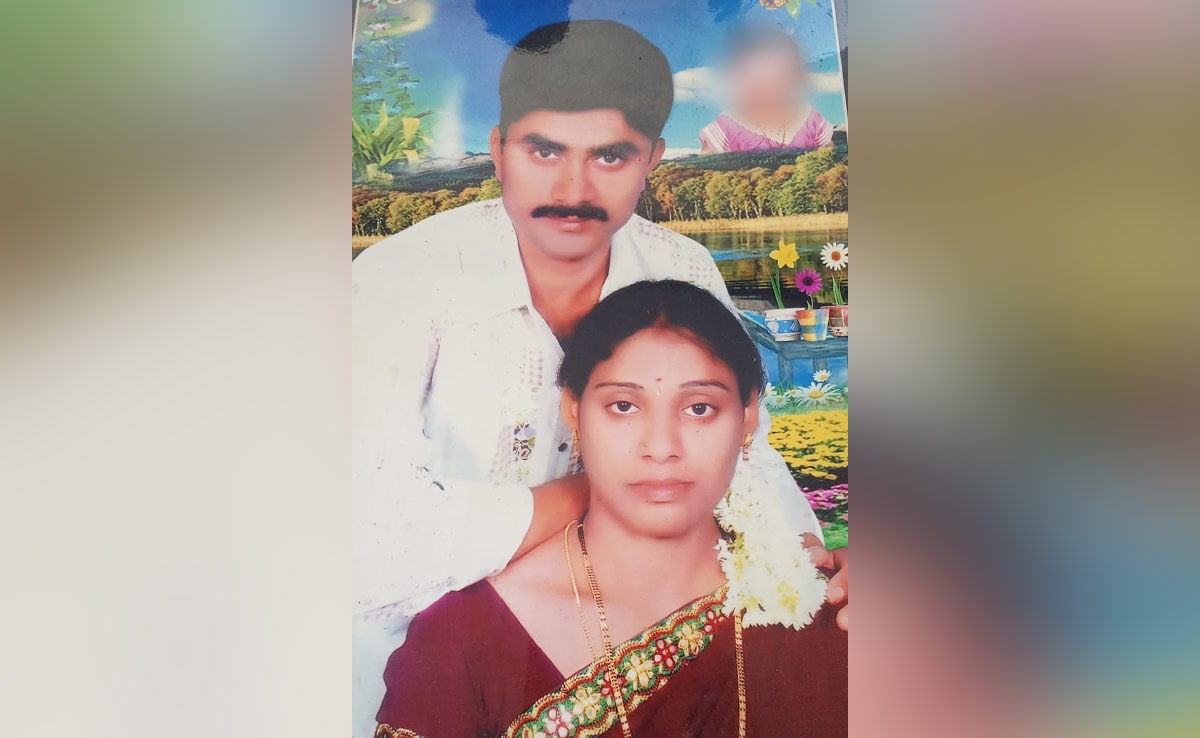An inquiry into the actions of British special forces in Afghanistan has uncovered allegations of extrajudicial killings and efforts to cover up unlawful actions during the war.
Testimonies and hundreds of documents released Wednesday reveal misconduct by elite soldiers operating in Afghanistan between 2010 and 2013, with one former officer describing the British Army’s Special Air Service or SAS as having “a golden pass allowing them to get away with murder.”
War Crimes
The Afghanistan Inquiry, commissioned by the UK government’s Ministry of Defence (MoD) in 2022, is investigating alleged war crimes by British armed forces during the Afghan conflict. The focus lies particularly on the actions of UK Special Forces (UKSF) units during night-time raids known as ‘deliberate detention operations’.
According to testimonies from seven UKSF personnel – given in secret due to national security concerns – troops carried out killings of unarmed Afghans, including individuals who posed no threat. One soldier, referred to as N1799 in the documents, testified that during some operations, “all fighting-age males were killed on target regardless of the threat they posed.” He recounted hearing that detainees were executed in compounds, sometimes using methods such as placing a pillow over a victim’s head before shooting them.
The inquiry heard that some victims of these killings were under the age of 16.
Evidence Of Cover-Up
Emails and witness accounts provided to the inquiry show concerns among certain officers about the conduct of UKSF units. In one email from February 2011, an officer questioned whether SAS soldiers were deliberately setting up scenarios to justify killings, such as ordering detainees to retrieve weapons before shooting them. A senior officer acknowledged the issue, stating that there appeared to be “a casual disregard for life” and counterinsurgency principles.
Another officer, known as N2107, referred to the SAS and “murder” as “regular bedfellows” in emails. He told the inquiry that by 2011, he believed SAS units were committing extrajudicial killings. However, he admitted failing to escalate his concerns up the chain of command, which he now views as a “massive failure of leadership.”
Testimonies show that operations were manipulated to suggest weapons were found alongside those killed, even when the individuals were unarmed. One soldier recounted being told that photos were staged to give the appearance that those killed had been combatants.
One officer described the SAS as being “beyond reproach” and said that questioning their actions was discouraged. An email revealed that support staff in Afghanistan who doubted the credibility of SAS reports were reprimanded to ensure they supported the “guys on the ground.”
A senior officer told the inquiry that in the eyes of UKSF leadership, the SAS “could do no wrong.” This attitude allowed the regiment to operate with near-total impunity, with a focus on “kill counts” rather than lawful conduct.
Political Implications
The allegations against UKSF have drawn comparisons to accusations of misconduct by US special operations forces during the Afghan conflict. British military police previously conducted investigations into allegations of war crimes by the SAS but concluded that there was insufficient evidence for prosecutions.
The MoD has refrained from commenting further, stating that it is “appropriate to await the outcome” of the inquiry.
Several witnesses expressed fears about speaking out, citing concerns for their safety. N1799, for example, requested that two MoD representatives be removed from the inquiry room before he gave evidence, stating that he felt “a bit sick.”




